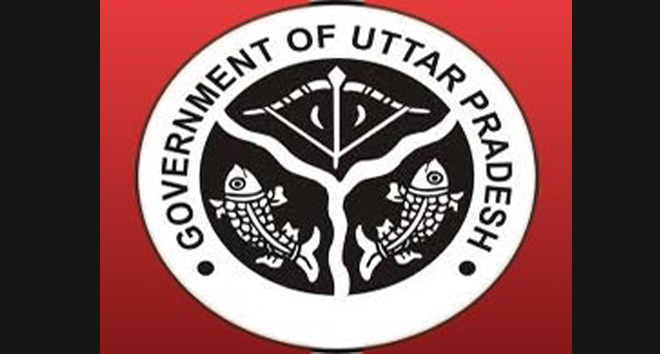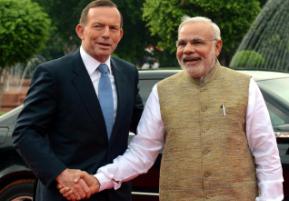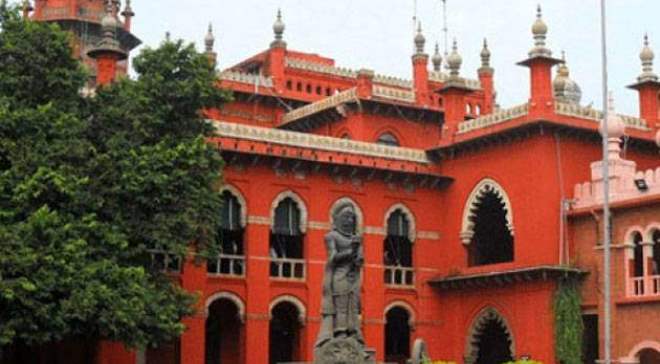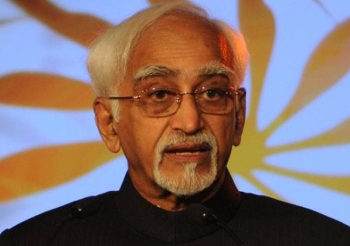New Delhi: China has termed forthcoming “informal meeting” between President Xi Jinping and Indian Prime Minister Narendra Modi on April 27-28 in Wuhan, capital of central China’s Hubei province, as one which indicates “recovering (of China-India ties) prior to the forthcoming summit of the Shanghai Cooperation Organisation(SCO) in June.”
Although China’s lone English tabloid paper Global Times didn’t shed much light on the forthcoming meet, but it said that the announcement was made by Chinese Foreign Minister Wang Yi after the talks with visiting Indian External Affairs Minister Sushma Swaraj on April 22.
This will be the first time the two leaders will meet since the 73-days old India-China stand-off over Doklam last year. It is lying at India, Bhutan and China tri junction and a few kilometres away from the strategic Siliguri Corridor connecting India’s mainland with its Northeast region.
India stood by its ground and didn’t allow Chinese troops to build road and other infrastructure on the disputed territory, despite provocations from China. Though both countries pulled back their troops to their earlier positions in the third week of August last year, the incident brought a chill in the two countries’ relations.
Things started changing when India in March didn’t allow the Tibetan spiritual leader Dalai Lama to organize ‘Thank You India’ celebrations in New Delhi and other parts of the country, except Dharmasala in Himachal Pradesh. The celebration was in commemoration of the Dalai Lama’s flight from Lhasa to India in the 1950s. Before this Vijay Gokhale, after becoming new Foreign Secretary in February had air dashed to Beijing to meet Chinese leaders.
However, soon after this development, India gave a jolt to Beijing when on March 25, Indian ambassador to China, Gautam Bambawale in an interview with Hong Kong-based daily ‘South China Morning Post’ said that “each side must be sensitive to the other side’s aspirations, their concerns, their priorities and so on.”
On India-China stand-off, he said, “in order to maintain peace and tranquility, there are certain areas, certain sectors which are very sensitive, where we must not change the status quo. If anyone changes the status quo, it will lead to a situation like what happened in Doklam. The Chinese military changed the status quo in Doklam area and therefore, India reacted to it. Ours was a reaction to the change in the status quo by the Chinese military.” China reacted to the statement saying Doklam belonged to it, but it hinted that it was ready to sit with India to resolve differences, including on boundary issue.
However, what makes China feel jittery about is India’s continued objection to its Belt and Road Initiative and it’s unhappiness over making Kashmir (Pakistan occupied area) as part of the initiative. China has announced pumping in over $60 billion to complete One Belt and One Road project connecting its Xinjing province with Pakistan’s Gwadar port. Several countries of Asia, Europe and America have voiced their apprehension over China’s OBOR initiative as it lacks transparency and inclusiveness. Jinping who got himself installed as a life-term President after facilitating constitutional changes, knows that once India is won over, it will be easy for Beijing to make other countries fall behind.
But China is equally worried about heavy atmosphere created by India over terrorism and Pakistan’s involvement in it. There is a fear that if Pakistan continuously becomes India’s agenda of attack over the terrorism issue at international forums, Islamabad may one day come under international sanctions, which may ultimately affect OBOR project and China. China fears India would spare no efforts to raise the terrorism issue at the SCO summit in June.
In the light of all this, China wants to reset its relations with India. Modi’s forthcoming visit needs to be seen in this perspective. Yet it would be hard to say that the two countries would be able to remove distrust that has piled over the years.
China says Xi-Modi meet will help ‘recover’ China-India ties
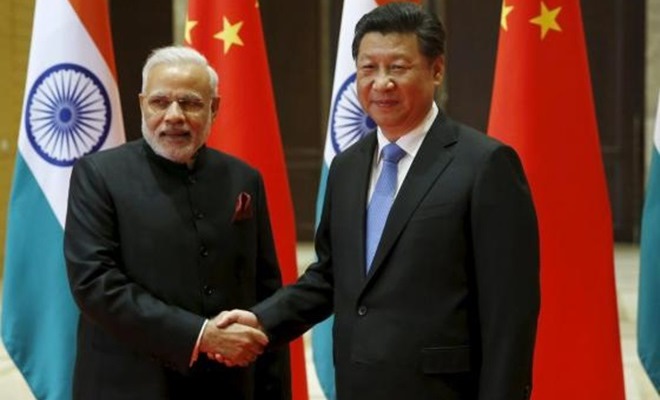
Leave a Comment




